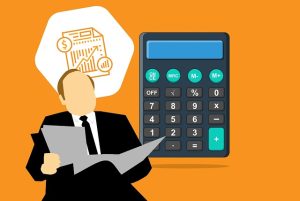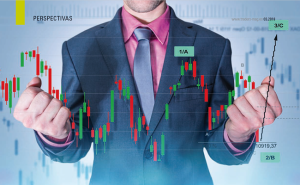Trading is Not About Prediction
Sitting at dinner last night with several friends I was asked my thoughts on the stock market — a question I get asked numerous times each day. My response is usually the same “I am a trader, I don’t have thoughts on the what the future holds for the market.”
I like saying it because it opens a dialogue which differentiates prediction from trading. The above statement isn’t totally accurate. Of course I have thoughts on the economy, the stock market, trends, unemployment and politics….but these opinions are held distinctly separate from my trading.
Most people have the notion that if they can predict where the stock market (or any asset) will be in a couple months (or any time frame) they can make a boat load of cash. Of course even if reasonably certain about where the market will be there is always some room for doubt…we just never know for sure!
Yet we try to convince ourselves that we are going to right. We basically “hype” ourselves up to take the trade by telling ourselves “Oh, yeah, it will work out. I am going to make a killing. This is going to be awesome.” We base a trade off our prediction and our hyped up viewpoint.
One problem is that if I succeed in hyping myself up I am no longer considering the possibility that I might be wrong. This means I am more inclined to risk more on the trade than I should. It astounds me that investors will put all their money in one or two stocks. They predict the stock price will do up, and are betting everything they have on it. This is NOT how you should approach the markets, no matter what time frame you are trading on.
Always allow for the possibility that you are wrong. Do that by only risking 2% or less of your account on each trade. That way if you are wrong, it doesn’t hurt too badly. I risk than 1% of my account on each trade.
Even if the market does go up, our prediction is too general to be of use. The market is not like flipping a coin like most people think. It doesn’t only go straight up or straight down immediately after a trade is taken. It can go up a little then drop a lot, then rally a lot, and then drop a little, and then do almost nothing for days on end. We may expect it to move a lot and it doesn’t, or move a little and it moves a lot. Look at the market each day and determine how it is moving to establish some expectations.
If there is very little movement, then believe what the market is telling you. Don’t try to predict when it will breakout or start moving again. The price will tell you when that happens. Trade what the market gives you.
If the trend is dropping and there is a weak pullback, we can expect that the price will keep dropping… but just acting impulsively on that thought is a baseless prediction.
Avoid baseless predictions. Every trade should be a based on a strategy that has been tested and that you have traded in a demo account showing it to be profitable for you.
Assuming a strategy will work for you because the strategy worked for someone else is also a baseless prediction. We are all slightly different and a strategy I use may not work for you, or a strategy you use may not work for me. Test it out. Don’t leave anything to chance.
Final Word on Prediction
You don’t need to know which way the market is going to go to make money. That is why traders seek out strategies — to eliminate the need for prediction. The strategy gives a mathematical edge and tells them exactly how to enter and exit trades.
Looking for strategies? Scroll through my articles (https://cincinnatidutchlionsfc.com/category/blogs/cory-mitchell/) and pick out strategies that you like the idea of. Then start practicing implementing the strategy, and stop predicting.



